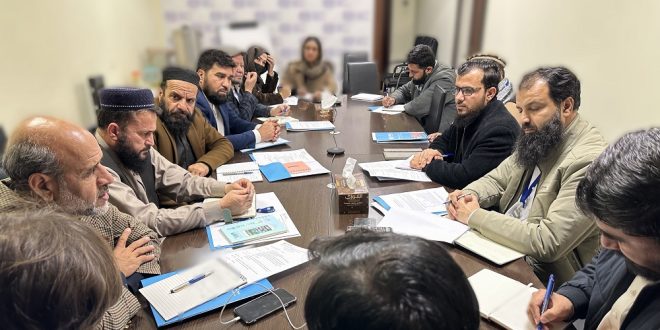AT Kabul: The United Nations Office on Drugs and Crime (UNODC) held a meeting in Kabul, bringing together a group of experts to explore sustainable alternative livelihoods for former poppy farmers who had previously relied on illicit crop cultivation. The gathering aimed to foster conversations and identify solutions to support individuals transitioning away from poppy cultivation.
In a statement on X, UNODC Afghanistan underscored the importance of ongoing discussions about alternative livelihoods. The meeting received a positive response from the Islamic Emirate of Afghanistan (IEA), which expressed the necessity of finding alternatives to poppy cultivation to achieve a drug-free Afghanistan.
Zabihullah Mujahid, the spokesman for the Islamic Emirate, emphasized the prohibition of poppy cultivation in Afghanistan and stated that the time has come to prevent it permanently. The IEA expressed its commitment to eradicating narcotics from Afghanistan.
While experts acknowledged the significance of such meetings, some argued that the government must take substantial measures against drug trafficking. They highlighted the importance of finding viable alternatives to poppy cultivation to prevent a potential return to illicit practices.
Recent reports from UNODC indicated a 95% decrease in poppy cultivation in Afghanistan this year. The efforts to address alternative livelihoods aim to contribute to the larger goal of reducing drug-related activities and fostering sustainable development in the country.
 Afghanistan Times
Afghanistan Times




